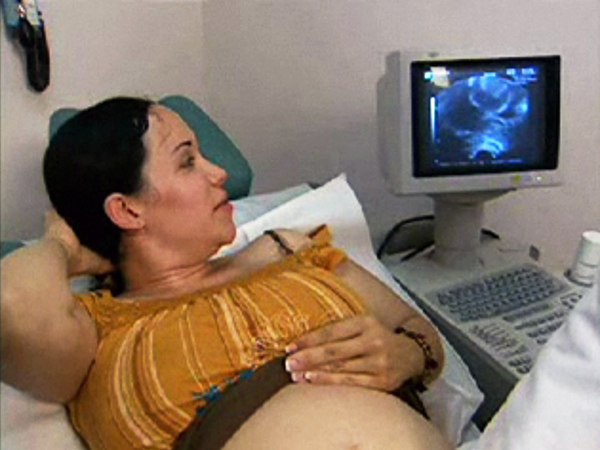Legislation would permit pregnant women to obtain insurance year round
Stringer: Pregnant at the ‘wrong time?’

Officials are working on state legislation that would treat pregnancy as a “qualifying event” for insurance under the Affordable Care Act. AP photo/KTLA
February 15 marked the close of the open enrollment period for health insurance. This means big trouble for uninsured women who have just discovered that they’re pregnant.
Though it may seem like a no-brainer, pregnancy is not defined as a “qualifying event” to obtain health insurance outside of the open enrollment period.
Officials including NYC Comptroller Scott Stringer, Sen. Liz Krueger (D-Manhattan) and Assemblymember Aravella Simotas (D-Queens) point out that this policy costs more money and trouble than it saves, and are working on state legislation to change it.
